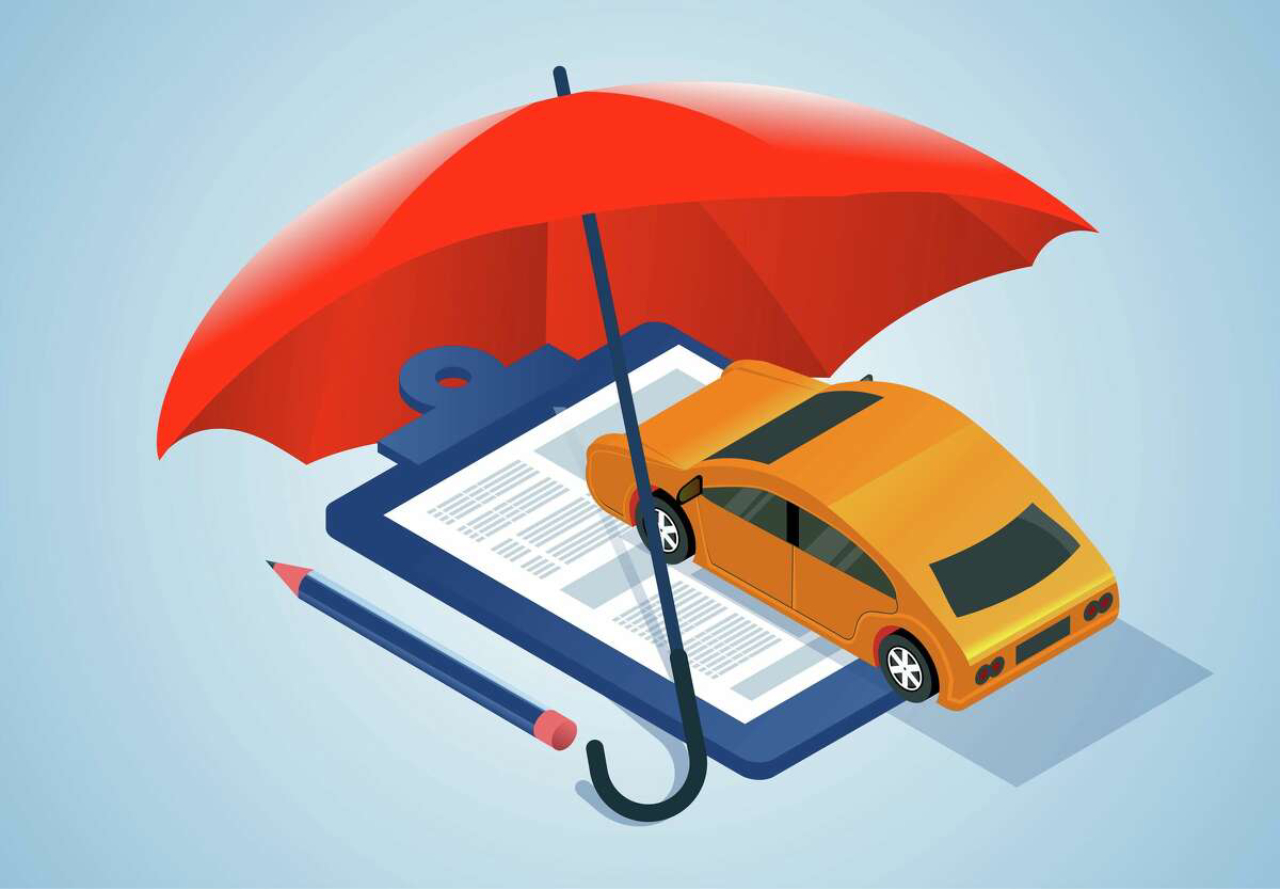Car insurance rates are determined by several factors, including a driver’s history, vehicle type, and location. One contentious question that arises is whether car insurance rates should be lowered for individuals who have a DUI (Driving Under the Influence) conviction. Advocates argue that these individuals deserve a second chance and that reducing insurance rates could help them reintegrate into society. On the other hand, opponents raise concerns about safety and increased risk factors. This article will explore both sides of the debate and discuss potential solutions to strike a balance.
Understanding DUI and Its Consequences
What is a DUI?
A DUI refers to the act of operating a vehicle while impaired by alcohol or drugs, exceeding the legal limit set by the jurisdiction. It is a serious offense that poses risks to the driver, passengers, and other road users.
Legal consequences of a DUI
DUI convictions come with significant legal consequences, including fines, license suspension, probation, mandatory alcohol education programs, and even jail time, depending on the severity of the offense and prior convictions. These penalties aim to deter individuals from driving under the influence and to protect public safety.
Impact on car insurance rates
One of the consequences of a DUI conviction is the impact on car insurance rates. Insurance companies consider individuals with a DUI as high-risk drivers, leading to higher premiums or, in some cases, non-renewal of policies. This increase in rates can cause financial strain for those who have already faced legal consequences.
Arguments for Lowering Car Insurance Rates for People with a DUI
Rehabilitation and second chances
Advocates argue that individuals who have made mistakes in the past should be given the opportunity to rehabilitate and reintegrate into society. Lowering car insurance rates can serve as an incentive for them to maintain responsible behavior and make positive changes in their lives.
Positive behavior changes
Some individuals with a DUI conviction undergo significant personal growth and positive behavior changes. They may attend rehabilitation programs, seek counseling, and commit to sobriety. By lowering their car insurance rates, they can be rewarded for their efforts and encouraged to continue on the path of responsible driving.
Encouraging responsible driving
Lower car insurance rates for people with a DUI can serve as a motivator for them to drive responsibly and avoid future infractions. By providing financial relief, it allows them to focus on rebuilding their lives and making amends.
Arguments against Lowering Car Insurance Rates for People with a DUI
Safety concerns
One of the primary concerns raised by opponents is the potential compromise in road safety. By lowering car insurance rates for individuals with a DUI, there is a risk of incentivizing risky behavior and undermining the seriousness of the offense. Critics argue that safety should be the top priority when determining insurance rates.
Higher risk factors
Insurance companies base their rates on risk assessments, considering factors such as driving history, age, and location. Individuals with a DUI have a higher likelihood of repeat offenses and accidents, making them riskier to insure. Critics believe that lowering their rates could expose insurance companies to financial losses.
Encouraging risky behavior
Lowering car insurance rates for people with a DUI may send a message that the consequences of such actions are not severe. This could potentially encourage individuals to take risks and drive under the influence again, disregarding the safety of themselves and others on the road.
Balancing Act: Finding a Middle Ground
Striking a balance between compassion and safety is crucial when considering whether to lower car insurance rates for people with a DUI. Several potential solutions can help address the concerns of both sides.
Graduated licensing programs
Implementing graduated licensing programs for individuals with a DUI can ensure a phased approach to regaining driving privileges. These programs often involve restrictions and requirements such as curfews, mandatory alcohol testing, and the completion of driver improvement courses. Successfully completing these programs could make individuals eligible for lower insurance rates.
Driver improvement courses
Mandatory driver improvement courses can provide individuals with the necessary knowledge and skills to become safer drivers. Insurance companies could consider offering reduced rates to those who voluntarily participate in such courses after a DUI conviction.
Monitoring devices and technology
The use of monitoring devices, such as ignition interlock systems, can help prevent individuals from driving under the influence. Insurance companies could consider offering lower rates to those who opt for these devices voluntarily or as a condition of their driving privileges.
The Role of Insurance Companies
Insurance companies play a significant role in determining car insurance rates, balancing risk assessment and financial implications.
Risk assessment and pricing
Insurance companies assess risk based on various factors, including driving records, claims history, and statistical data. DUI convictions are considered high-risk indicators, leading to higher premiums. However, insurance companies could explore ways to differentiate between individuals based on the severity of the offense and their commitment to responsible driving.
Financial implications
Lowering car insurance rates for individuals with a DUI could have financial implications for insurance companies. Balancing these considerations with the need for fairness and providing second chances is a complex challenge that requires careful evaluation.
Government Regulations and Policies
Government regulations and policies play a crucial role in shaping insurance practices and setting the legal framework.
State laws and regulations
Each state has its laws and regulations concerning DUI offenses and their impact on car insurance rates. Evaluating the effectiveness of these laws and exploring potential adjustments can help strike a balance between public safety and fairness for individuals with a DUI conviction.
Insurance industry practices
Insurance companies operate within a regulatory framework that guides their practices. Government oversight and collaboration with industry stakeholders can foster discussions on creating standardized guidelines for evaluating and pricing car insurance for individuals with a DUI.
The Need for Comprehensive Solutions
Addressing the issue of car insurance rates for individuals with a DUI requires comprehensive solutions that go beyond insurance considerations alone.
Education and awareness campaigns
Raising awareness about the consequences of driving under the influence and promoting responsible driving behaviors is essential. Education campaigns targeting both the general public and individuals with a DUI can help reduce the occurrence of such incidents.
Support systems for rehabilitation
Providing adequate support systems, such as counseling services, rehabilitation programs, and community resources, can aid in the rehabilitation of individuals with a DUI. Access to these resources can facilitate positive behavior changes and reduce the likelihood of repeat offenses.
Community involvement
Communities can play a vital role in supporting individuals with a DUI conviction. Creating support groups, volunteering opportunities, and mentorship programs can foster a sense of belonging and help individuals reintegrate into society successfully.
Conclusion
The debate over whether car insurance rates should be lowered for individuals with a DUI is complex and multifaceted. While proponents emphasize the importance of second chances and rehabilitation, opponents prioritize safety and risk factors. Striking a balance between compassion and public safety requires a comprehensive approach that considers graduated licensing programs, driver improvement courses, monitoring devices, and the role of insurance companies. Government regulations, combined with education, support systems, and community involvement, can contribute to finding a fair and effective solution. Ultimately, the goal should be to promote responsible driving and ensure the safety of all road users.



